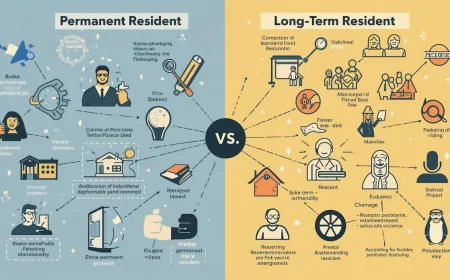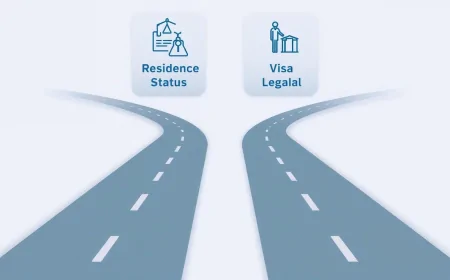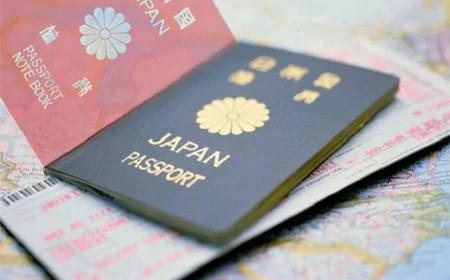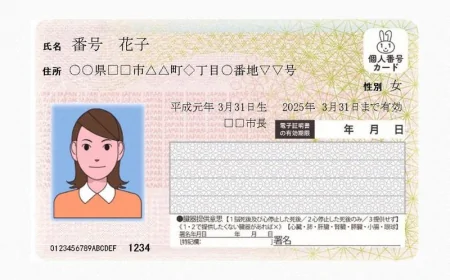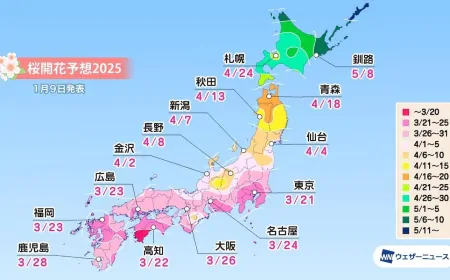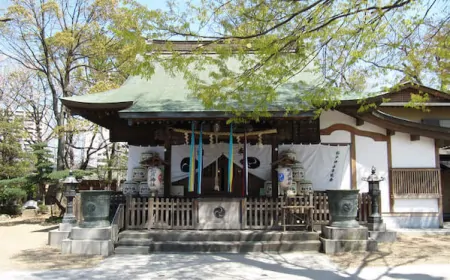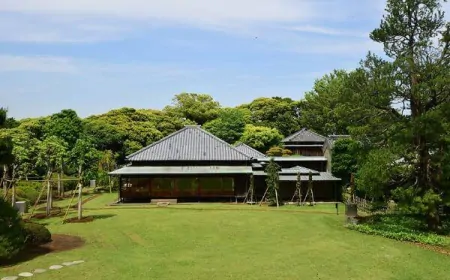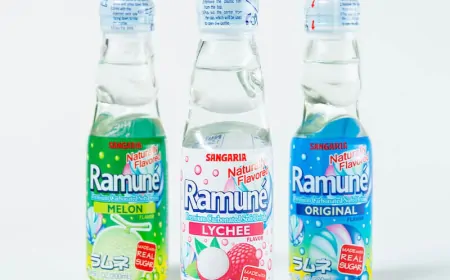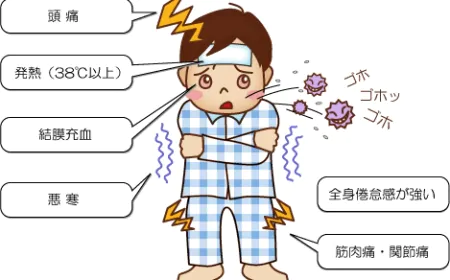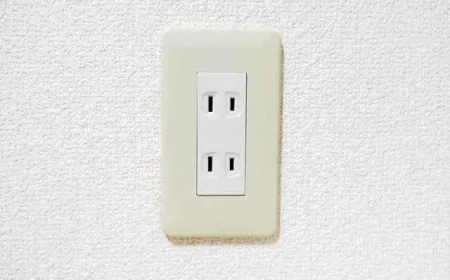How to Live in Japan: A Complete Guide for Foreign Residents
Learn how to live comfortably in Japan — from finding housing and jobs to understanding culture, visa rules, and daily life tips for foreigners.

Living in Japan is a dream for many people around the world. From the bustling streets of Tokyo to the peaceful countryside of Kyoto or Hokkaido, Japan offers a unique blend of tradition, technology, and nature. But when it comes to actually living here — not just visiting — there are many things to learn and prepare for.
At Injavi, we help foreigners understand Japan’s lifestyle, culture, and systems through real, practical information. This guide will walk you through everything you need to know about living in Japan — from visas and housing to work, healthcare, and cultural etiquette.
1. Getting Your Visa and Residence Card
Before starting your life in Japan, you’ll need the right visa and residence status. There are many visa types depending on your purpose — work, study, family, or long-term stay.
Once you arrive, visit the Immigration Office to register your address and get your Residence Card (在留カード). This card is essential — you’ll need it for almost everything, including renting a house, opening a bank account, and signing a mobile contract.
Tip from Injavi: Always carry your residence card with you. By law, all foreigners in Japan must have it on hand at all times.
2. Finding a Place to Live in Japan
Finding housing can be one of the biggest challenges for foreigners in Japan.
- Types of Housing:
Share houses: Affordable, great for meeting people.
Apartments (マンション or アパート): Common for long-term residents.
Company housing: Provided by some employers.
Guesthouses: Short-term option while you settle in. - Helpful Websites:
GaijinPot Housing
Suumo
Realestate.co.jp
Injavi advice: Many landlords require a guarantor (保証人). If you don’t have one, you can use a guarantor company for a small fee.
3. Working in Japan
Finding a job depends on your skills, visa type, and Japanese language ability.
Popular Job Types for Foreigners:
- English teaching (ALT, Eikaiwa)
- IT and Engineering
- Hospitality and Tourism
- Manufacturing or Skilled Labor
- Translation or Language Support
If you have business skills, you can also explore freelancing or remote work, as Japan’s digital landscape is expanding.
Injavi tip: For job hunting, use platforms like Indeed Japan, Daijob, or LinkedIn Japan. Many companies now welcome foreign talent, especially in tech and global business.
4. Managing Money: Banks and Everyday Payments
Once you start living in Japan, you’ll need a bank account for salary payments and bills.
Major Banks:
- MUFG Bank (三菱UFJ銀行)
- SMBC (三井住友銀行)
- Japan Post Bank (ゆうちょ銀行)
Japan is also moving toward cashless payments, though cash is still widely used.
Apps like PayPay, LINE Pay, or Rakuten Pay make life easier, especially for convenience stores and restaurants.
Injavi advice: Some banks require a minimum stay period before allowing foreigners to open an account. Japan Post Bank is usually the easiest option for newcomers.
5. Health Insurance and Medical Care
Japan has a very reliable healthcare system. All residents are required to join one of the following:
- National Health Insurance (国民健康保険) — for self-employed, freelancers, or students.
- Employee’s Health Insurance (社会保険) — for company workers.
With insurance, you only pay 30% of your medical expenses. Hospitals in large cities often have English-speaking doctors.
Injavi tip: Register for health insurance at your city hall within two weeks of moving in. You’ll receive a health insurance card you must bring to every medical visit.
6. Transportation and Getting Around
Japan’s transportation system is world-class — clean, punctual, and efficient.
- Trains and subways cover most urban areas.
- IC Cards like Suica or PASMO let you ride trains, buses, and even pay at convenience stores.
- Bicycles are popular for short distances; remember to register your bike to avoid fines.
Injavi advice: Get used to train etiquette — don’t talk loudly, and avoid using your phone in crowded cars.
7. Daily Life: Shopping, Food, and Convenience
Living in Japan is surprisingly convenient.
Convenience stores like 7-Eleven, Lawson, and FamilyMart are open 24/7 and sell everything from food to bills payment services.
Supermarkets offer fresh local produce and ready-made meals, while online shopping platforms like Rakuten or Amazon Japan make life even easier.
Injavi lifestyle note: Recycling rules are strict! Each city has its own schedule and categories (burnable, plastic, cans, bottles). Learn them early to avoid confusion.
8. Learning Japanese Language and Culture
Even though many signs are in English, daily communication still relies heavily on Japanese.
Start by learning simple greetings and phrases — it helps a lot in daily life and shows respect for the local culture.
Recommended Learning Resources:
- Duolingo / Bunpo App
- JapanesePod101
- NHK Easy News
Injavi note: Don’t worry if your Japanese isn’t perfect. Locals appreciate the effort — a smile and “ありがとうございます” go a long way!
9. Understanding Japanese Etiquette
Japanese culture values respect, harmony, and politeness.
Here are some quick etiquette tips:
- Always bow when greeting.
- Remove shoes before entering a home.
- Be punctual.
- Avoid speaking loudly in public.
Cultural insight from Injavi: Silence is often seen as respect in Japan. Don’t feel awkward — it’s just part of the social atmosphere.
10. Adapting and Building a Happy Life in Japan
Living in Japan isn’t just about adjusting to new systems — it’s about creating your own rhythm within this culture.
Join community events, explore local festivals, and connect with both Japanese and foreign residents. Japan offers endless opportunities to learn, grow, and experience a fulfilling life.
Final Injavi message: Every foreigner’s journey in Japan is unique. The key is to stay open-minded, respectful, and curious. Once you do, Japan becomes more than just a place to live — it becomes home.
From navigating visa paperwork to enjoying a bowl of ramen after work, living in Japan can be both challenging and rewarding. The culture, safety, and lifestyle here make it one of the best places in the world to start a new life.
At Injavi, we’re here to make your journey easier with real stories, guides, and tips for foreigners living in Japan.
Start your Japan life today — and let Injavi guide you every step of the way.
Related Products











